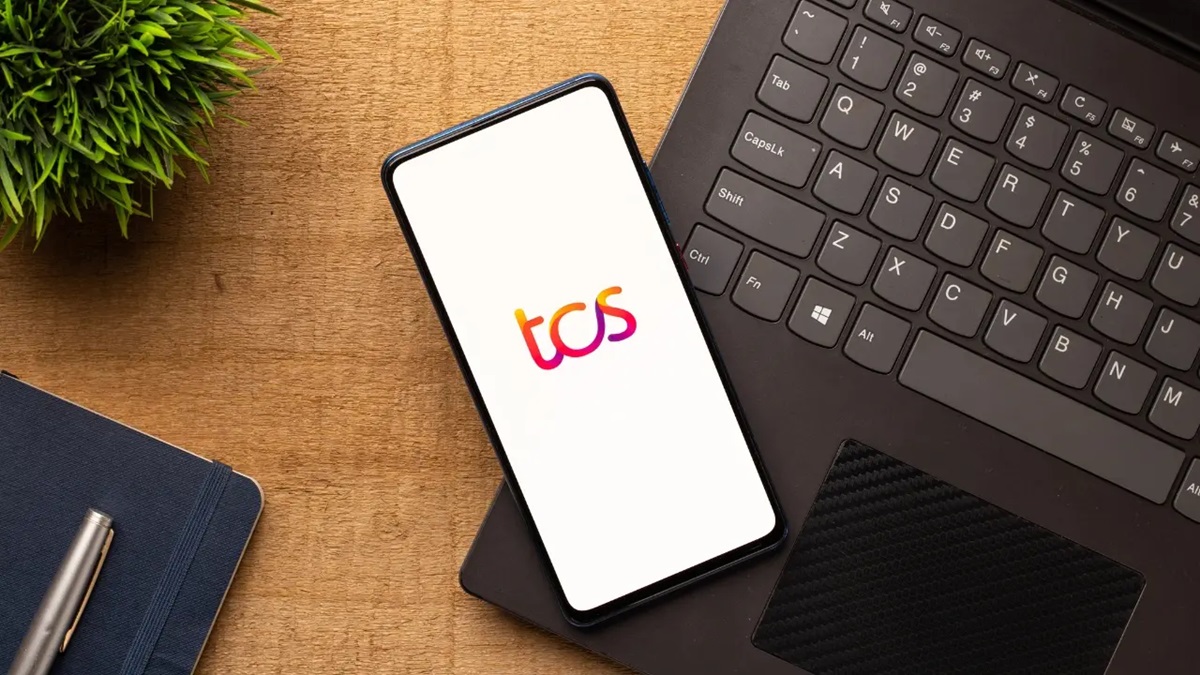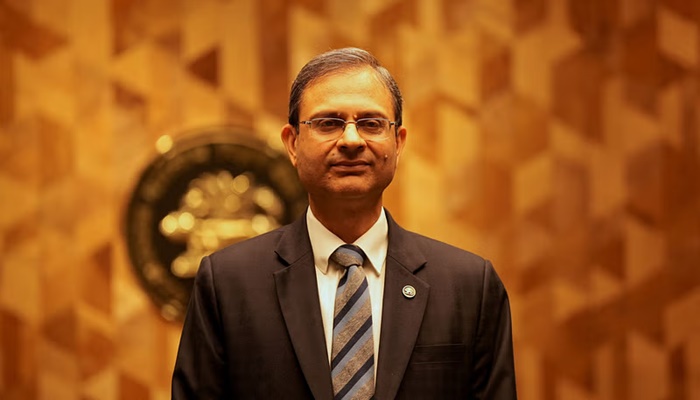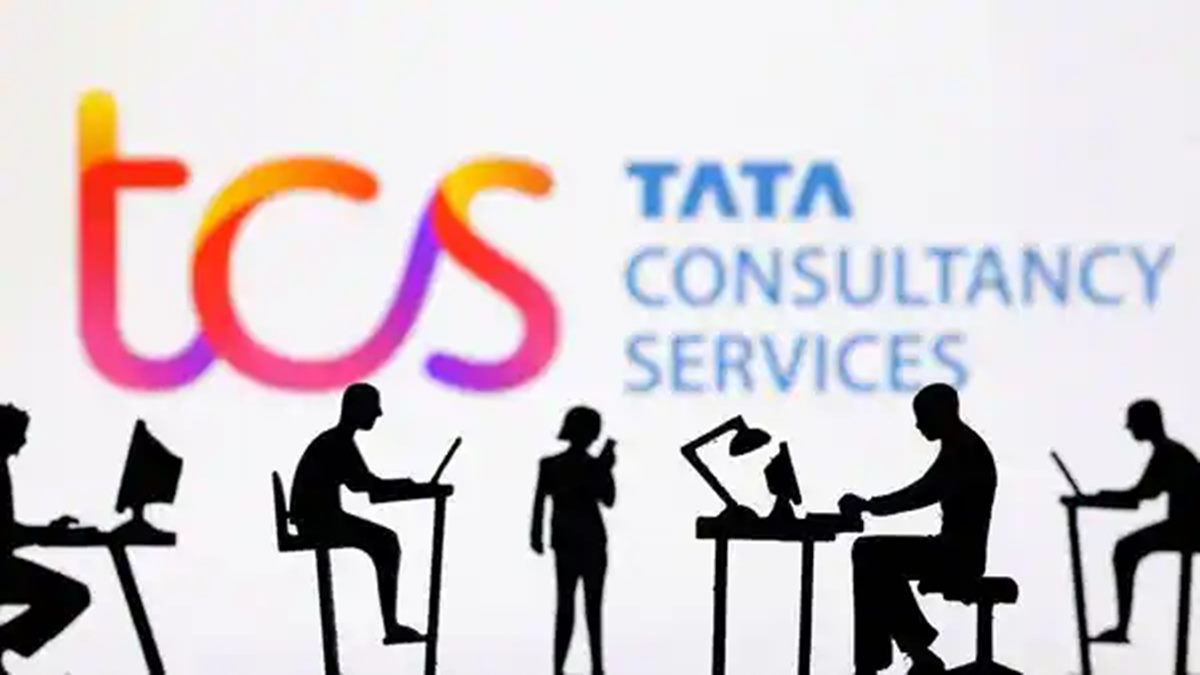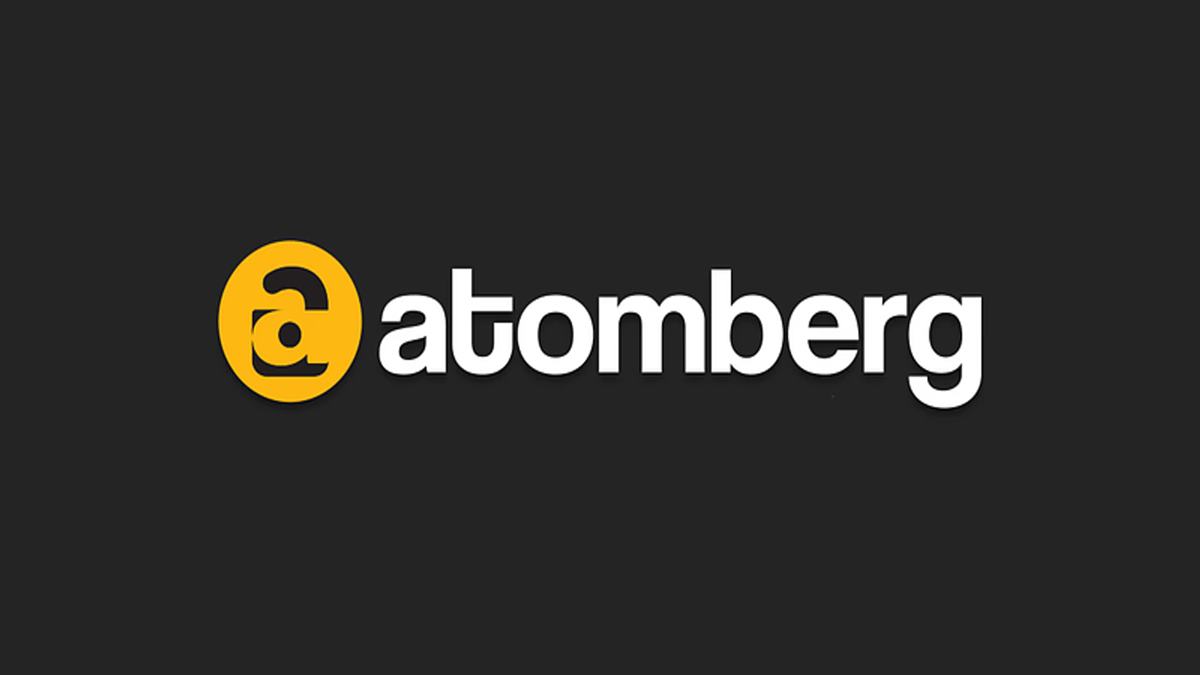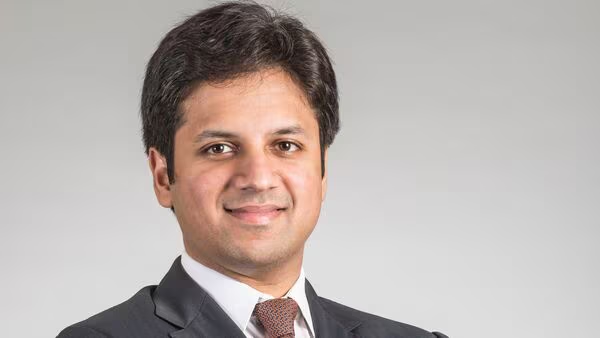India has emerged as the world leader in Generative AI (GenAI) course enrolments, yet ranks just 89th globally in overall skills proficiency, according to the newly released Coursera Global Skills Report 2025. Despite a 107% year-on-year surge in GenAI enrolments—totalling over 2.6 million, the highest globally—India continues to grapple with foundational skilling gaps in business, technology, and data science, with proficiency levels of 18%, 22%, and 20% respectively.
With over 31 million registered learners, India has now surpassed Europe on the Coursera platform and continues to see strong mobile-first learning adoption, with 52% of users accessing content via smartphones. However, gender disparities remain a concern: only 30% of GenAI learners are women, compared to 40% of overall Indian users, and just 26% of Professional Certificate enrolments—despite a 23% annual growth—are from women.
The report also introduces a new AI Maturity Index, placing India at a mid-level 46th globally, reflecting growing momentum in AI learning but an uneven ecosystem in terms of preparedness and innovation. These insights come as India positions itself to contribute 24% of global workforce growth by 2030, while simultaneously confronting the reality that 47% of its workforce—and 62% of its female workers—are underqualified for their current roles, according to ILO data.
Coursera’s findings align with broader hiring trends, with 30% of Indian employers shifting to skill-based recruitment practices—significantly higher than the global average of 19%. Indian learners are increasingly enrolling in courses aligned with industry demand, including AI/ML (+84%), customer service (+41%), and curiosity as a skill (+32%). There is also a sharp rise in interest in full-stack development, DevOps, and scalable tech infrastructure, signalling the country’s growing focus on future-ready skills.
While India’s learner momentum reflects its digital and demographic advantage, experts say the next leap requires deeper interventions—ranging from inclusive skilling frameworks to institutional adoption of micro-credentials and broader access for underrepresented groups. Prashasti Rastogi, Director of Coursera for Campus and Government India, noted, “India’s learner energy is unmatched. But converting that into economic impact will require urgent focus on inclusion, outcome-driven education, and national-scale partnerships.”
India’s rise as a GenAI learning hub is undeniable, but without systemic alignment between learning, access, and application, the country risks widening its own skill gap while leading global enrolment charts.



